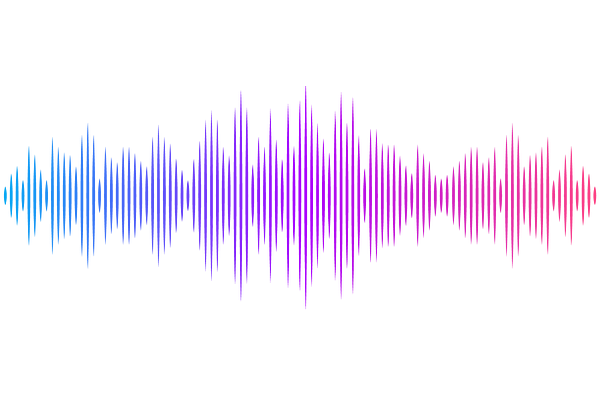Neurocomputational impairments in disambiguation of context as a key determinant of post-traumatic psychopathology

Neurocomputational impairments in disambiguation of context as a key determinant of post-traumatic psychopathology
Linson, A.; Anderson, H.; Friston, K.; Moutoussis, M.
AbstractWe combine theoretical biology and systems neuroscience to relate the mechanisms of post-traumatic stress disorder (PTSD) models to biopsychosocial complexity. Moving beyond fear conditioning, extinction and habits formed by associative learning, we consider conserved neuromodulatory mechanisms related to harm expectation, defensive mobilisation, and context (in)sensitivity. Our account of harm-mitigating, neurobehavioural responses furnishes a mechanistic understanding of maladaptive behaviour and impaired belief-updating, which are often underspecified in conceptual analyses. Grounded in neurobiological evidence, we specify PTSD-related impairment in terms of Bayesian belief-updating, and establish an adaptive/maladaptive boundary using active inference and simulation studies. The ensuing model plausibly illustrates PTSD pathogenesis, which remains understudied relative to aetiology. We locate pathogenesis in maladaptive precision following traumatic learning, characterised by aberrant Bayesian credit assignment. Future scientific and clinical studies can test the validity of these insights, which could underwrite our understanding of the phenomenology, diagnostics and ultimately treatment intervention in post-traumatic disorders.